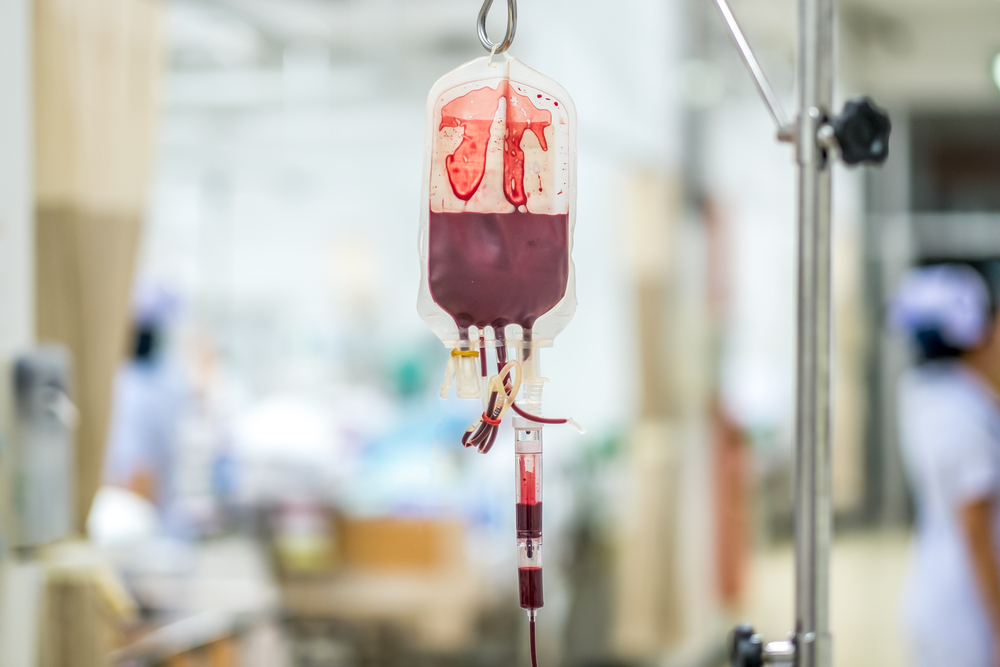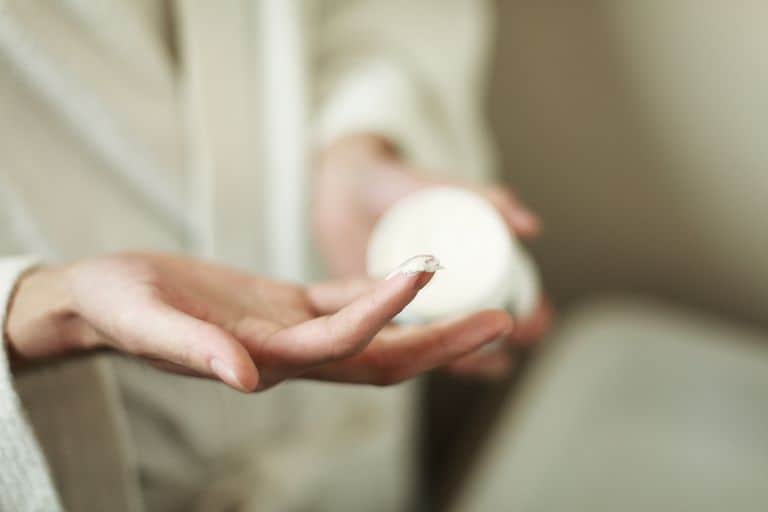Contents:
- Medical Video: Stomach Ulcer | Nucleus Health
- Get to know the proton pump inhibitor (PPI) type ulcer
- The impact of too often taking PPI ulcer medication in the kidneys
- Should I stop taking PPI ulcer medication?
Medical Video: Stomach Ulcer | Nucleus Health
For those of you who have acid reflux disease, certainly not imagined how miserable when the symptoms begin to recur? Gastric acid, sometimes also known as an ulcer, is usually characterized by chest pain or burning, coughing, and sore throat. To relieve symptoms of stomach acid, you may often take ulcer medication.
However, taking ulcer medication too often can cause side effects that are harmful to your health. A number of recent studies reveal that people who often take ulcer drugs are more susceptible to kidney disease later in life. How can it be, huh? Consider the following review.
Get to know the proton pump inhibitor (PPI) type ulcer
There are various types of ulcer drugs available at pharmacies and sold freely in stores. One of the most common types is the drug ulcer proton pump inhibitor, abbreviated as PPI. Examples of PPI ulcer drugs include esomeprazole, omeprazole, and lansoprazole.
The way this drug works is to inhibit the cells responsible for producing stomach acid. People who have stomach disease are susceptible to increased stomach acid, which is when an enzyme from the stomach (stomach acid) rises to the esophagus.
Compared to other types of drugs for gastric acid, PPI has so far been a favorite of many people because of its effective and fast efficacy. Therefore, people often take this ulcer medication, even to prevent symptoms before they appear. Because they are used to it, people who have stomach acid will take this drug for a long time, for years.
The impact of too often taking PPI ulcer medication in the kidneys
Without realizing it, too often taking PPI ulcer medicine turned out to have a negative impact on your other body organs, the kidneys. A study published in the scientific journal BioMed Central Nephrology notes that out of a total of 24,000 chronic kidney disease patients studied, one out of every four patients had been treated with PPI ulcer drugs.
A separate study published in the Journal of the American Medical Association (JAMA) also proved similar. According to this study, people who often take ulcer PPI drugs have a 20-50% greater risk of developing chronic kidney disease.
Internal medicine experts are still continuing to learn exactly how the PPI ulcer drug causes chronic kidney disease. However, one theory that is widely believed is the side effects of the PPI itself in the human body. PPI ulcer drugs are suspected of drastically reducing magnesium levels. In fact, magnesium is needed by the kidneys to function properly.
In addition, over time the kidneys can also be damaged if you often experience interstitial nephritis, which is inflammation of the nephron tissue. This inflammation is known to occur as a side effect of consuming PPI ulcer drugs.
Should I stop taking PPI ulcer medication?
Because there is a risk of kidney disease, you may be hesitant to continue treatment with PPI ulcer medication. However, before stopping treatment you should consult directly with an internal medicine doctor. The reason is, if you have stomach acid that is quite severe, you may still need a PPI in a reasonable dose. So, don't exceed the recommended dosage of your doctor and pharmacist.
Also ask your doctor if you can replace other ulcer drugs. H2 receptor blockers such as ranitidine can help overcome your digestive problems without increasing the risk of chronic kidney disease in the long run.












